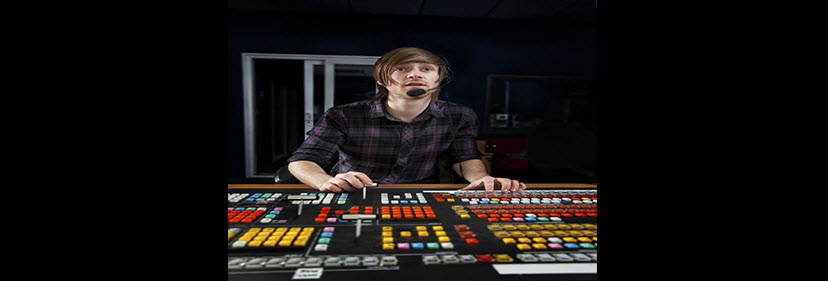AUDIO PRODUCTION TRICKS-WHAT RECORDING PROS KNOW THAT YOU DON’T (AND SHOULD!)
Becoming an audio producer, is a process that requires patience, an open mind, creativity and learning the tricks of the best in the field.
Perhaps you have written some songs that your friends and family have been impressed by and you realize it’s time you let the rest of the world hear them. So what’s next? To record your music ofcourse!
Or maybe you are one of the thousands of folk who are creating their own documentaries, E-learning materials, web videos or commercials. For these projects you more often than not need to include an audio narration or voiceover track.
There are many tricks that the pros in the recording industry out there are aware of that any other upcoming recording artist should know. Becoming an accomplished producer is a complex process, but there are common tips to follow and pitfalls to avoid.
Below are some of the tricks that you should know and adhere to every time you record.
1. Learn compression technique.
Amateur producers often do not get a full sound, as they only consider the volume, frequency and panning. However, this could result in audio clipping as more sounds are layered together. If you turn the gain down on each one of them, the mixer becomes quiet. For this reason, you must learn how to compress and mix. Using compression correctly will give you some of the great effects currently heard in contemporary music including rock, dubstep, techno or drum and bass. It is the simplest way to give your music the punchy sound of the drums as soon as you learn what it does to your signals.
2. Correct uses of the reverb.
Using reverb can push the elements of a soundtrack towards the back of the soundstage. A common mistake made by producers is using too much overload and processing on the effects which can either bring about a very creative outcome if you’re lucky, or can lead to muddled and hectic sound. To make sure that the sound remains “up-front”, increase the amount of the pre-delay on your sound, as it will be detached from the reverb and will have a better overall effect. Be open to experimentation as reverb is all about learning when enough is enough!
3. Do not get stuck in the loop.
In modern music, looping has become attractive and and some of the best tracks contain a very addictive loop. However, when the loop is over used and becomes extremely repetitive, it can lead to a boring track. Your listeners will lose interest . If you are planning on using the same sample over and over, develop a way to shape it so as to get different versions of the same with some variations.
4. Master what you have.
There are a lot of production tools being released day in day out. It is important to learn about your equipment and software .By doing so, you will realize what you require to take it to the next level. If your version, instrument or tool is outdated, consider moving to the next premium version….. after you have mastered and acquired a strong foundation.

